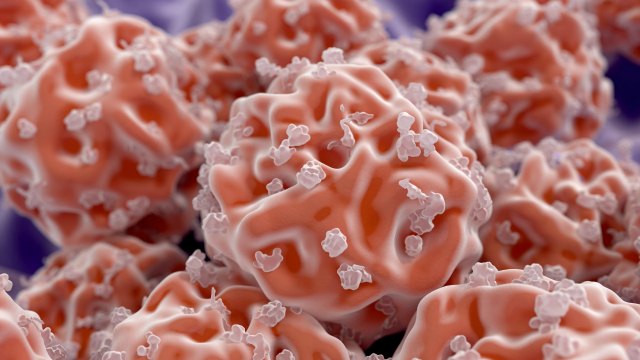 ISTOCK, SELVANEGRAAmong 140 human embryonic stem cell lines used for basic research or clinical development, five have gathered mutations in the tumor suppressor gene TP53, according to the results of a screen published yesterday (April 26) in Nature. As STAT News reported, two of these lines—H1 and H9—have been used in people, but there is no evidence they have caused cancer in the recipients.
ISTOCK, SELVANEGRAAmong 140 human embryonic stem cell lines used for basic research or clinical development, five have gathered mutations in the tumor suppressor gene TP53, according to the results of a screen published yesterday (April 26) in Nature. As STAT News reported, two of these lines—H1 and H9—have been used in people, but there is no evidence they have caused cancer in the recipients.
“Our findings indicate that an additional series of quality control checks should be implemented during the production of stem cells and their downstream use in developing therapies,” coauthor Kevin Eggan of Harvard University said in a press release. “Fortunately, these genetic checks can be readily performed with precise, sensitive, and increasingly inexpensive sequencing methods.”
The six mutations that Eggan’s team uncovered in TP53 affect regions of the p53 protein’s DNA binding region, which is commonly disrupted in human cancers. Cells bearing the mutations appeared to have an advantage over others, the scientists showed. “My own lab first reported P53 mutations in human pluripotent stem cells two years ago, and found that they were the result of ‘evolution in a culture dish’—selection of the fittest cells ...




















